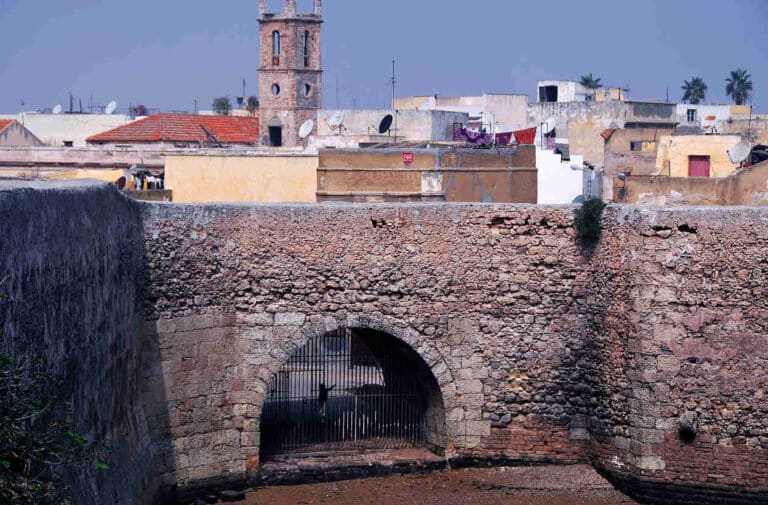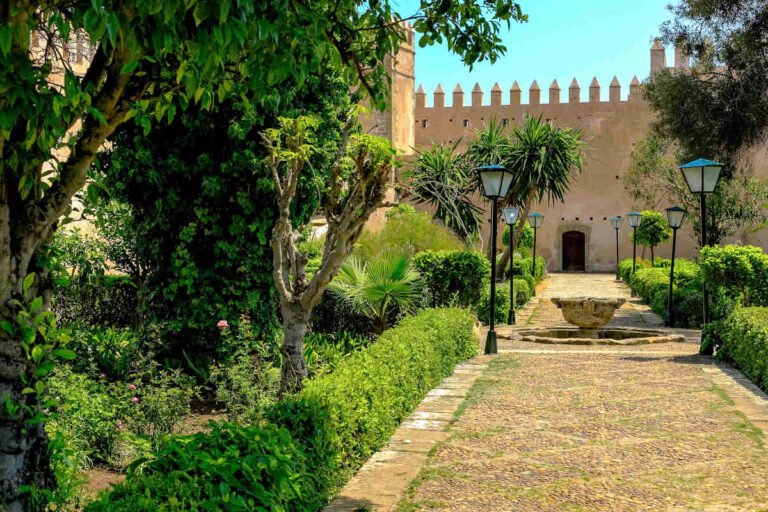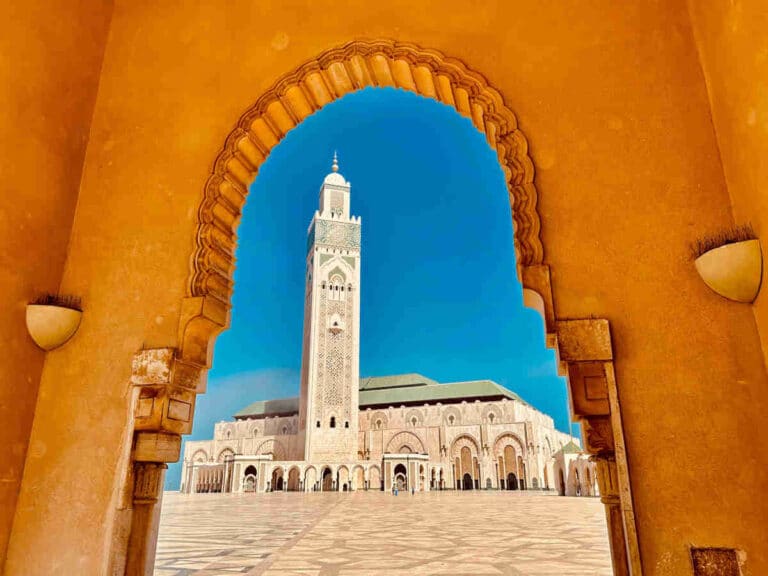For much of the month of March 2025, Morocco (like the rest of the Muslim world) is plunged into Ramadan, with all that that entails. But this traditional month of fasting is accompanied by a different one more pleasant aspect: its rupture. In this post, we tell you what it is and what is done in the iftar in Morocco, for you to take note if it coincides with your trip this year or any other in the future.
Iftar: the other face of Ramadan
As you probably know, Ramadan is the month of the Muslim calendar in which all believers must practice fasting, except for exceptions such as children, the elderly and pregnant women. And to be more precise, the daytime fasting, i.e. from sunrise to sunset. They must not only abstain from eating, but also from smoking and having sexual relations.
However, from the time the sun sets and the sunset prayer is called (salat al maghrib), eating is allowed. And to that food so desired is known as iftari.e., the dinner to break the fast.
What is done on iftar in Morocco
Because it is such a coveted dinner, iftar in Morocco becomes a private celebration. private celebrationfamily members or close friends gather to break the fast together and enjoy a pleasant moment of companionship, where the day’s atmosphere of restraint is now transformed into one of joy and good humor. atmosphere of restraint of the day is now transformed into one of joy and good humor.. Such attachment and esteem is held for this moment that UNESCO declared iftar as Intangible Cultural Heritage of Humanity in 2023.
And of course, this meeting takes place around a table to taste typical products and dishes. tasting typical products and dishes, which in many casesIn many cases, these dishes have been prepared by family members who were not obliged to fast.
The first food that Moroccans usually put in their mouths at iftar is dates. datesdates: this fruit obtained from palm trees is one of the most popular in the whole country, very present in all stores and supermarkets and, in addition, protagonists of moussemssuch as that of Erfoud. In addition, its sweetness and satiating capacity also make it an ideal choice just after the long hours of fasting.
After the dates, the plentiful and rich menu served at the table usually features a few must-try dishes. Of course, the hariraa special soup that, as we told you in this other post in this other postis composed of various ingredients such as tomatoes, chickpeas, beef, noodles, olive oil and spices to give consistency and flavor to the broth.
Nor is there a lack of batboutwhich is the traditional Moroccan breadIt can be eaten alone or as an accompaniment to other dishes, but it can also be stuffed with other ingredients such as vegetables, chicken or tuna, among others.
In addition, on the table there is no shortage of traditional sweets which, after the day’s fasting, are gladly accepted. Among the most famous is the chebakiaof which we also we also talked about in this other postbut also others like briwat or the stuf.
Finally, it is worth asking whether a non-Muslim can also experience iftar in Morocco. And although it is difficult because they are private celebrations, it is not impossible: if you are lucky enough to have a host who can invite you to this dinner, you can attend it, because it is not restricted to Muslims. And there are many families or groups of friends who are open to share this moment with close friends who do not profess Islam but want to be part of the local culture.




